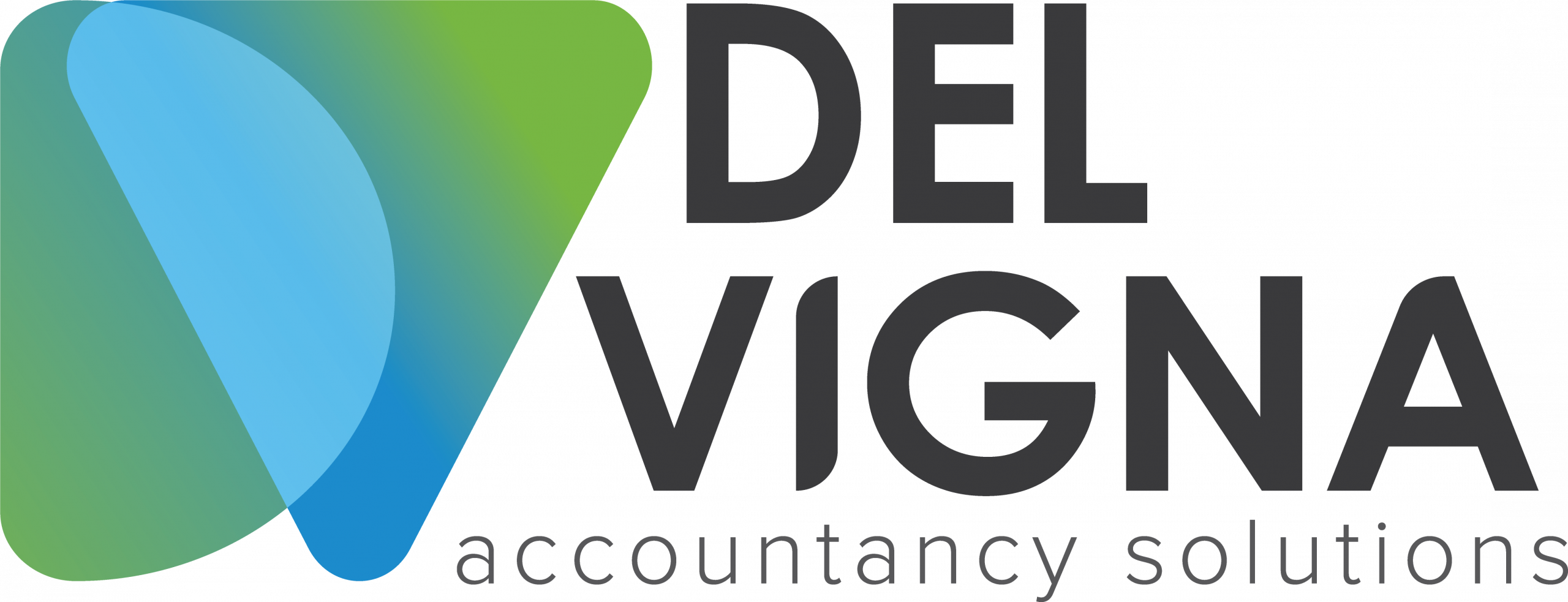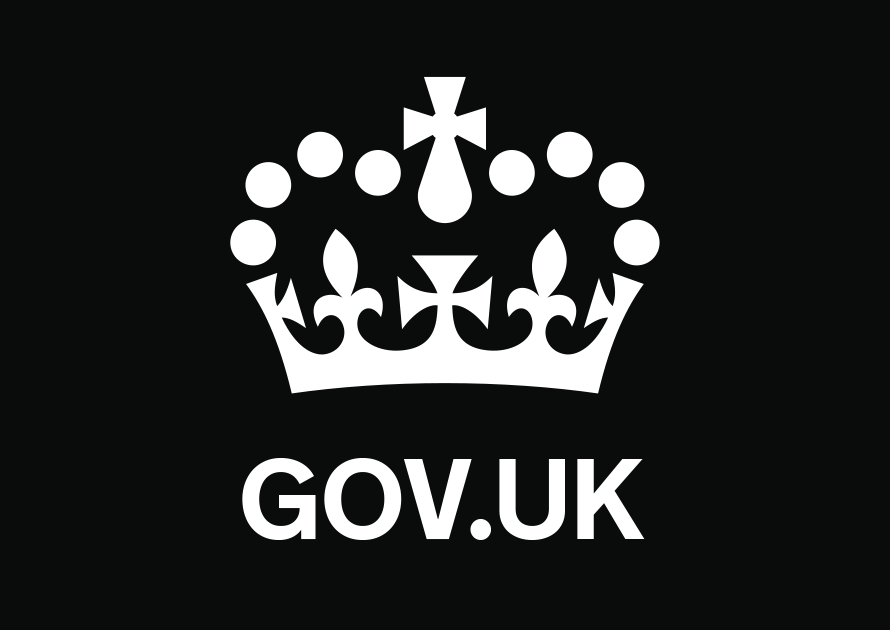This page includes summaries of Conflict, Stability and Security Fund programmes in the Europe, Middle East and North Africa regions.
Documents
Details
Programme summaries give an annual overview of each Conflict, Stability and Security Fund (CSSF) programme. They explain what support the CSSF is providing and intended outcomes, stating:
-
where the programme is working
-
what it is trying to achieve
-
the budget
-
the programme length
They break down programme activity into individual components or projects, with details of the lead UK government department and the organisations that are implementing the programme. View further details on the programme summary form.
The CSSF aims to publish information for all programmes. However, because some of the CSSF’s work is very sensitive, we cannot publish details of all programmes. The 2 main reasons are:
-
to protect national security interests
-
for the safety and security of beneficiaries, partners and partner governments
Regional and thematic boards decide what can be published and apply similar criteria to that set out in Freedom of Information legislation.
The 2 largest CSSF delivery partners, the Foreign & Commonwealth Office (FCO) and the Department for International Development (DFID), merged to form the Foreign, Commonwealth and Development Office (FCDO). As these reviews cover the 2021 to 2022 financial year, they refer to the lead department at that time.



